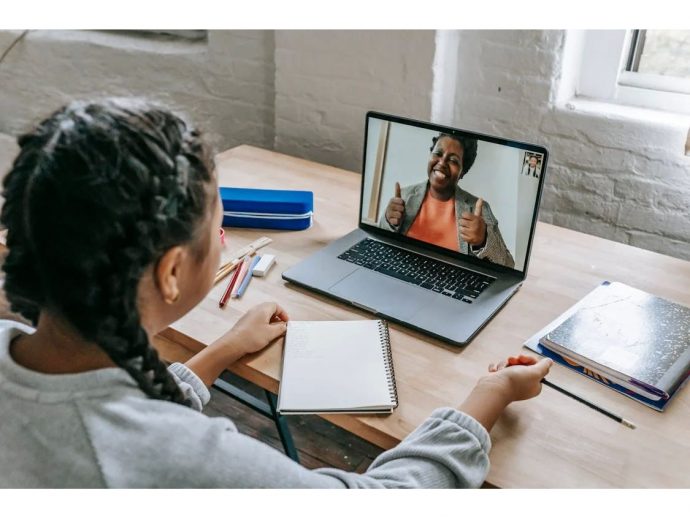Categories more
- Adventures (17)
- Arts / Collectables (15)
- Automotive (37)
- Aviation (11)
- Bath, Body, & Health (77)
- Children (6)
- Cigars / Spirits (32)
- Cuisine (16)
- Design/Architecture (22)
- Electronics (13)
- Entertainment (4)
- Event Planning (5)
- Fashion (46)
- Finance (9)
- Gifts / Misc (6)
- Home Decor (45)
- Jewelry (41)
- Pets (3)
- Philanthropy (1)
- Real Estate (16)
- Services (23)
- Sports / Golf (14)
- Vacation / Travel (59)
- Watches / Pens (14)
- Wines / Vines (24)
- Yachting / Boating (17)
Simple Tips for Getting the Most from a French Tutor
Published
05/29/2025Instead of guessing through grammar rules, a French tutor will guide you through the tough spots. But even the best tutor can only do so much if you’re not fully prepared to make the most of each session. The good news is, it doesn’t take much to turn tutoring into a real game plan for progress. This article provides tips to help you get better results and build a stronger foundation in French.
1. Set Specific Goals for Every Session
Attending a French lesson with no clear goal is like driving without using a map. You may get where you want to go, but it's not likely to be where you planned. Choose what you want to work on with a French tutor Adelaide expert. For example, you could choose to learn more words related to a certain subject. Your teacher can make the lesson fit your needs if you tell them what you want to get out of it.
2. Stay Consistent with Scheduling
Progress in any language doesn’t happen overnight, and that’s especially true with French. While a single session can help clear up confusion, regular practice is what builds real fluency. Try to stick to a regular schedule that fits into your weekly routine. Whether it’s once or twice a week, those steady lessons will keep you thinking in French more , which helps everything sink in faster.
3. Practice Between Sessions
What you do in every session matters just as much as what you do during them. If you only look at French once a week, it’ll feel like you’re starting over every time. Instead, try to build in some kind of review every day, even if it’s just ten minutes. You could go over notes or watch a short video in French.
4. Ask Questions, Even If You Think They’re Small
Small gaps in learning lead to bigger problems down the road. Your tutor is there to help, and no question is too basic. In fact, asking about small details can open the door to understanding. Whether it’s a tricky pronunciation or an odd grammar rule, it’s better to ask now than to guess and get stuck later.
5. Speak as Much as Possible
It's easier to fall into the habit of listening than speaking, especially if you’re unsure about your pronunciation or grammar. But the only way to improve how you speak French is to speak it. Try to respond in French whenever your tutor asks a question, even if you’re not 100% confident. Every attempt helps you improve, and your tutor can give you real-time feedback to help you sound natural.
6. Use Real-Life Examples and Interests
If you enjoy music, ask your tutor about some French songs. If you're into cooking, ask French recipes and food vocabulary. The more you tie lessons to your interests, the more engaging they become. Not only will you remember things, but you’ll start thinking about how to use French in real situations.
7. Reflect on What You’ve Learned
At the end of each session, provide a few minutes to review what you covered and take note of a few key takeaways. Doing this small habit can make a big difference in how much you retain. Instead of leaving your progress up in the air, you’ll have a clear picture of what’s improving and what still needs work.
Effort and Consistency Turn Lessons Into Fluency!
Working with a tutor gives you an edge, but real growth comes from staying consistent. When you show up with clear goals, speak , and practice between sessions, you'll notice a progress in how you use and learn French. Hiring a tutor provides direction, but your effort is what drives fluency. Use these tips to make each session count and turn every lesson into a solid step forward.















